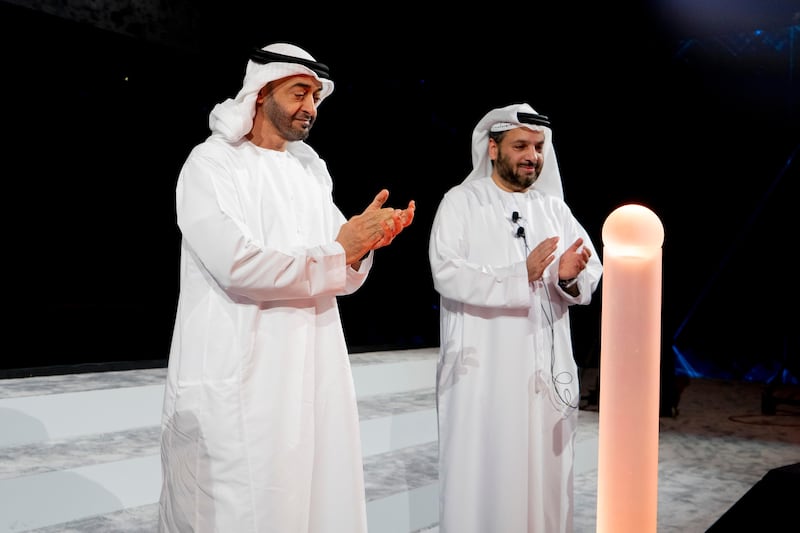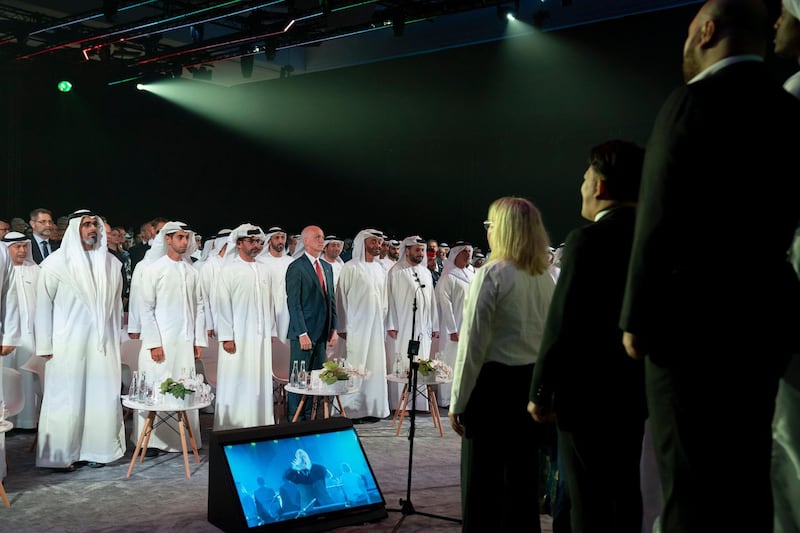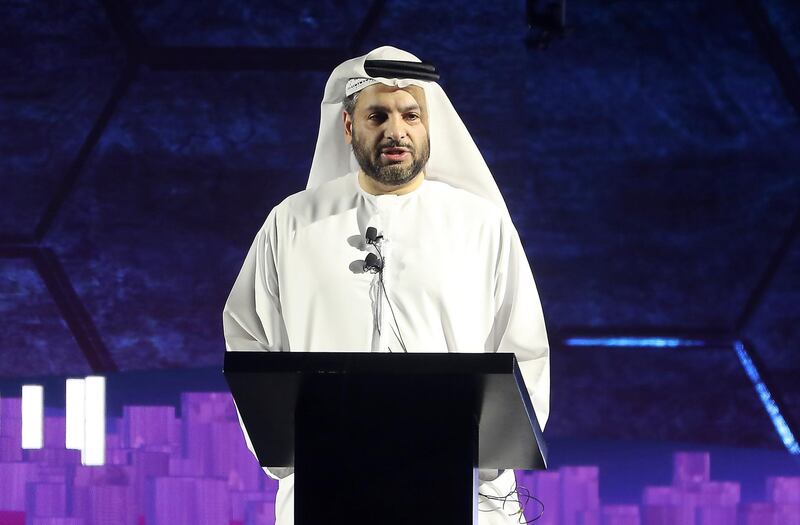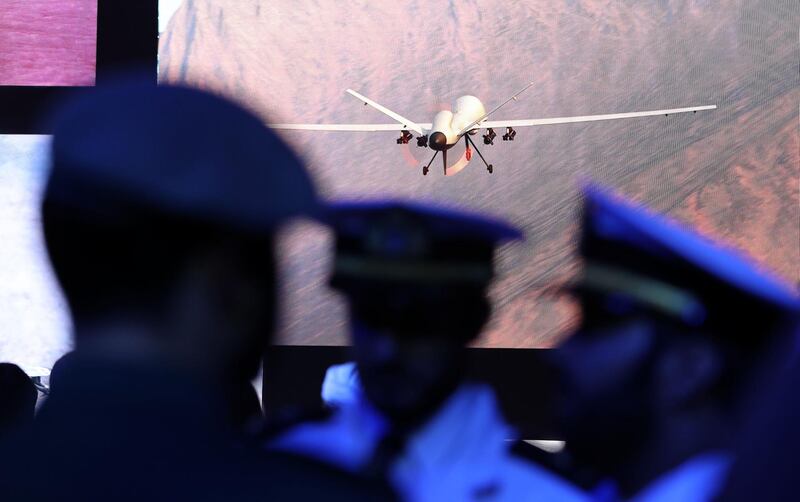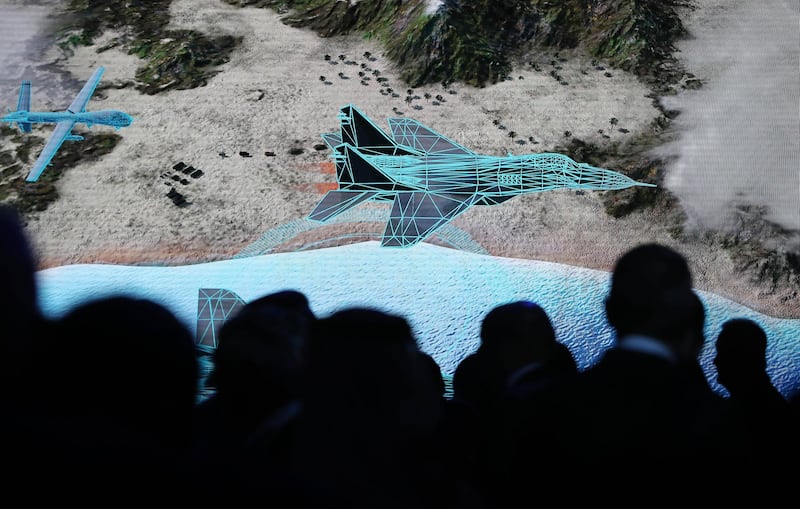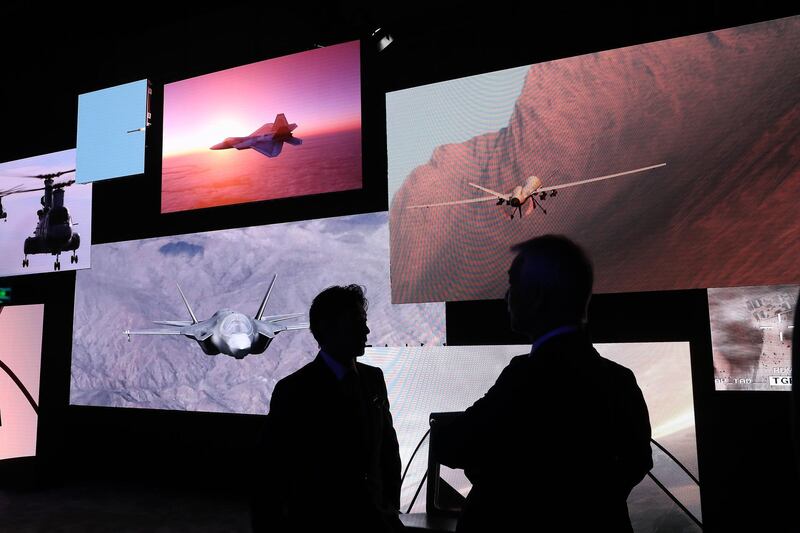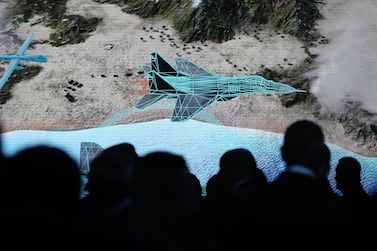The UAE is at the cutting edge of technology and development in the aerospace industry as it pushes forward with investment and innovation, a report has found.
An overview of the Arabian Gulf aviation industry from Jane’s by IHS Markit said the sector was a key strategic interest for the UAE.
It follows the announcement in Abu Dhabi of the major new defence conglomerate 'Edge,' which combined more than 25 state-owned and independent companies.
The defence group was introduced last week by Sheikh Mohamed bin Zayed, Crown Prince of Abu Dhabi and Deputy Supreme Commander of the Armed Forces.
“As these technologies become increasingly important to military and civilian users, the UAE will be well-positioned as both an investor and manufacturer in the global aerospace industry,” said Charles Forrester, principal analyst for manned and unmanned aero-engines at Jane’s by IHS Markit.
“The recent launch of Edge in the UAE will also help to position the country as a regional research and development investor and powerhouse.”
It was found that Saudi Arabia was also moving along with its development plans under its Vision 2030 scheme and was benefiting from collaboration with the UAE.
“Regional industrial capabilities in the aerospace sector are increasing, with both Saudi Arabia and the UAE continuing to build their domestic competencies in areas such as aerostructure manufacturing and maintenance, repair, and overhaul for both the civil and military markets,” the report’s authors wrote.
Recent Iranian aggression has underlined the necessity for stronger military surveillance systems.
Demand for manned and unmanned assets to support conventional aircraft, such as drones and early warning systems, has also grown.
“Events over the past year, as Iran has become increasingly aggressive, have shown there is a strong need for surveillance capabilities to ensure that critical national infrastructure remains secure and that governments have the right information to respond,” Mr Forrester said.
“As information warfare becomes an increasingly complex part of military operations, being able to know and understand the tactical and strategic picture is vital to military commanders and political leaders.
"Airborne surveillance assets, manned and unmanned, are a key part of building this picture."
Air force procurement budgets for the Arabian Gulf had declined year on year in 2019 to $5.8 billion (D 21.3bn), down from $10.1bn (Dh37.1bn) in 2014.

